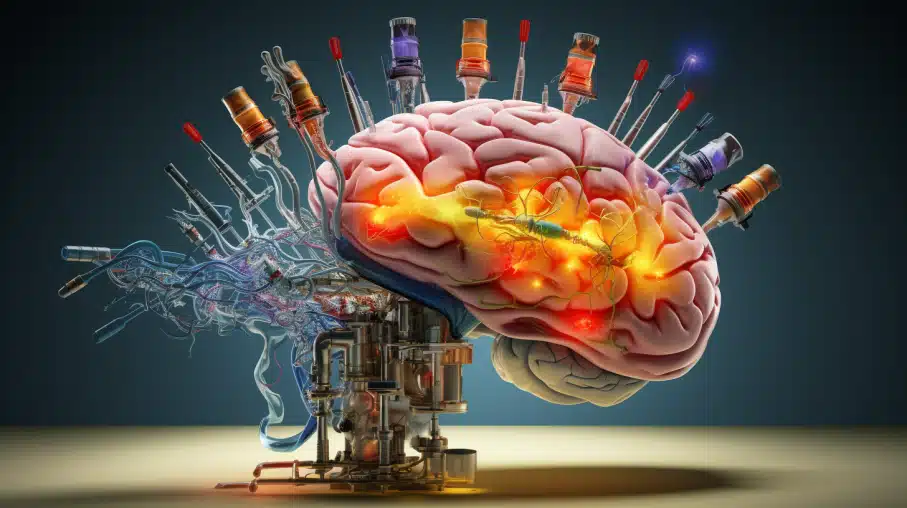Ketogenic Diet for ADHD Treatment via Gut Microbiome Modulation (2023 Study)
Attention deficit hyperactivity disorder (ADHD) is a behavioral disorder commonly found in children, characterized by symptoms such as inattention, hyperactivity, and impulsivity. Recent research has revealed a connection between gut microbiota and neuropsychiatric disorders like ADHD. A new study suggests that the ketogenic diet could provide therapeutic benefit in ADHD by modulating gut bacteria and …






